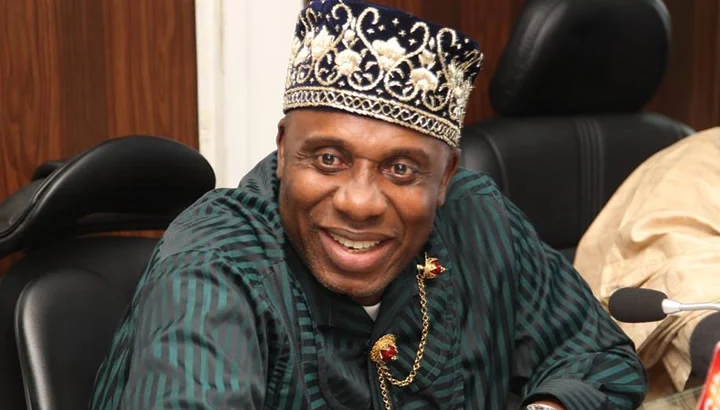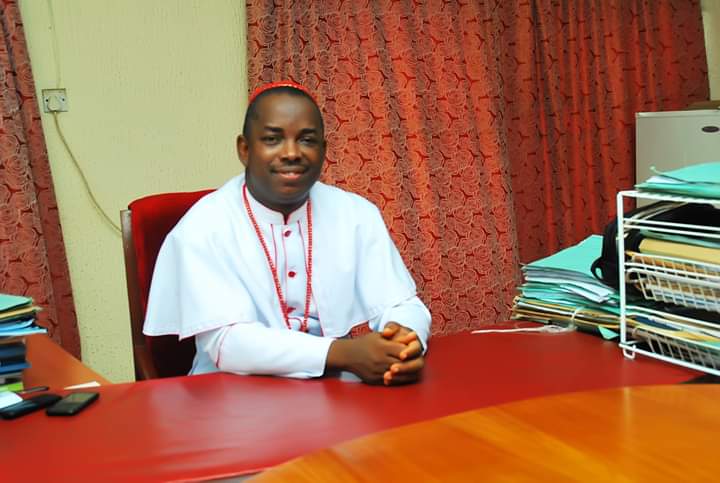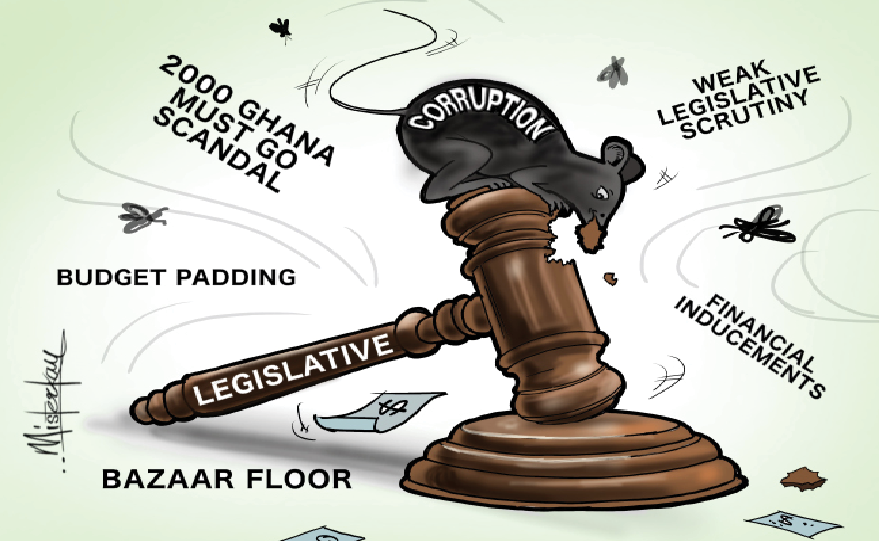A technology and digital solutions practitioner, Olanrewaju Sa’id, has urged the Federal Government to prioritise data unification strategy, advanced analytics, and intelligent systems as a cornerstone of its agenda.
Olanrewaju who gave the counsel while speaking in Lagos, said it had become expedient for the government to leverage analytics and intelligent unified data systems to revolutionise government operations, support startups, and address pressing national challenges.
He said Nigeria should key into the recent rise of Agentic AI, advanced machine learning, higher computing powers and systems as being integral to decision-making processes, across the world.
He pointed out that data unification – combining information from multiple sources into a single, coherent view—is one area where Nigeria has made some progress but still has significant room to grow.
In today’s world, he stressed that data is the backbone of all these systems and the foundation for better decision-making, government efficiency and economic transformation.
“Initiatives like the Bank Verification Number and National Identification Number systems show what is possible when data strategy efforts are prioritized. However, there are still numerous areas where critical data points remain fragmented across different systems, hindering efficiency and innovation.
“Without a cohesive data strategy, the Nigerian economy risks missing out on the opportunities that come with integrating intelligent systems into governance,” he said.
Olarewaju emphasized that unified data systems reduce fragmentation, enabling government agencies to work collaboratively and deliver results more effectively.
He added that analytics can help government agencies make informed decisions by identifying trends, predicting future outcomes, and offering evidence-based recommendations.
“This is essential for sectors like healthcare, transportation, education, and infrastructure development amongst several others and can help the government unlock immense economic benefits, streamline government operations, and improve public service delivery,” he said.
This, he said, could significantly transform governance and improve the lives of Nigerians both at home and abroad.
He pointed to recent improvements in passport renewal services by the Nigerian High Commission in London as evidence of what is possible with better data systems in place, referencing the quicker turnaround times for passport renewals.
He argued that as much as the end-to-end implementation process could be improved, some deserved credits are due to the immigration office on the process considering the turnaround and shorter time frame it takes to renew a passport at the London office — a process that once took weeks or even months.
He also mentioned that a strong data strategy goes beyond collecting and storing information.
“It’s about leveraging analytics and intelligent systems to generate actionable insights that can transform governance in Nigeria, delivering quick wins, long-term benefits and value for Nigerians. Intelligent systems and advanced data analytics hold the potential to improve public service delivery, streamline processes, and maximize economic opportunities,” he posited.
Olanrewaju encouraged the government to continue to prioritize data as part of its focus for the year to unify fragmented systems and harness the power of advanced analytics AI and machine learning, adding that the benefits are vast and far-reaching.
“The opportunities are immense, but we must act decisively to harness them. Data holds the key to unlocking more of Nigeria’s economic potential and opportunities. Prioritizing data strategy, analytics and such related initiatives is not just an option—it’s a necessity for creating more value for its citizens and a better future for all Nigerians,” he said.

 2 hours ago
1
2 hours ago
1















 English (US) ·
English (US) ·